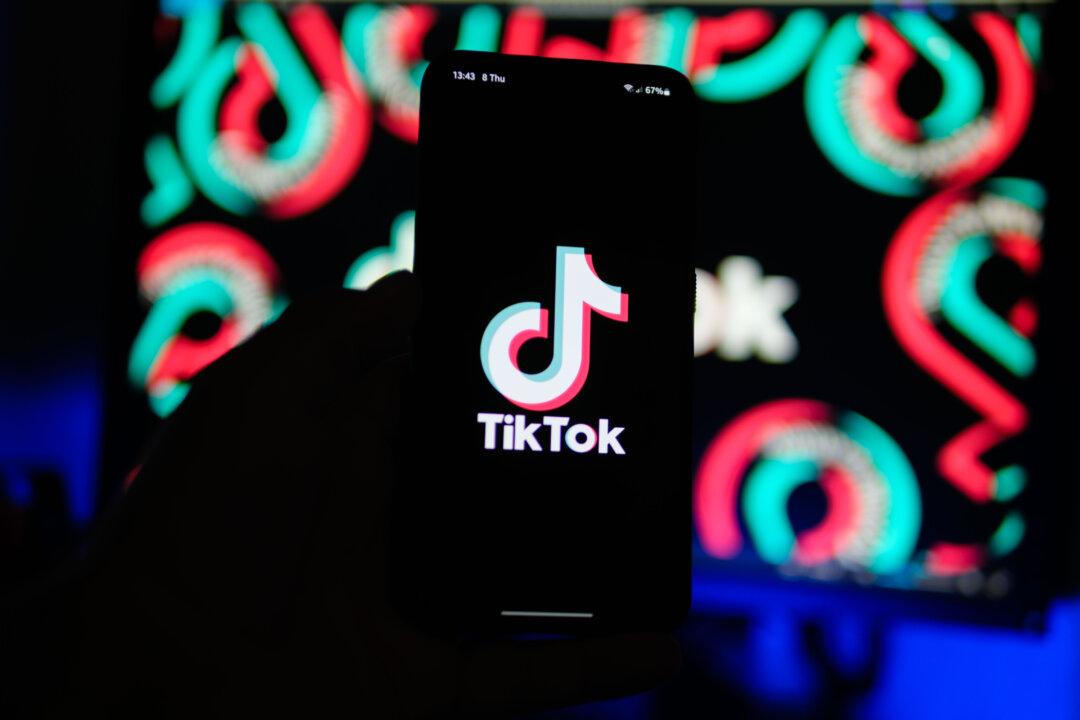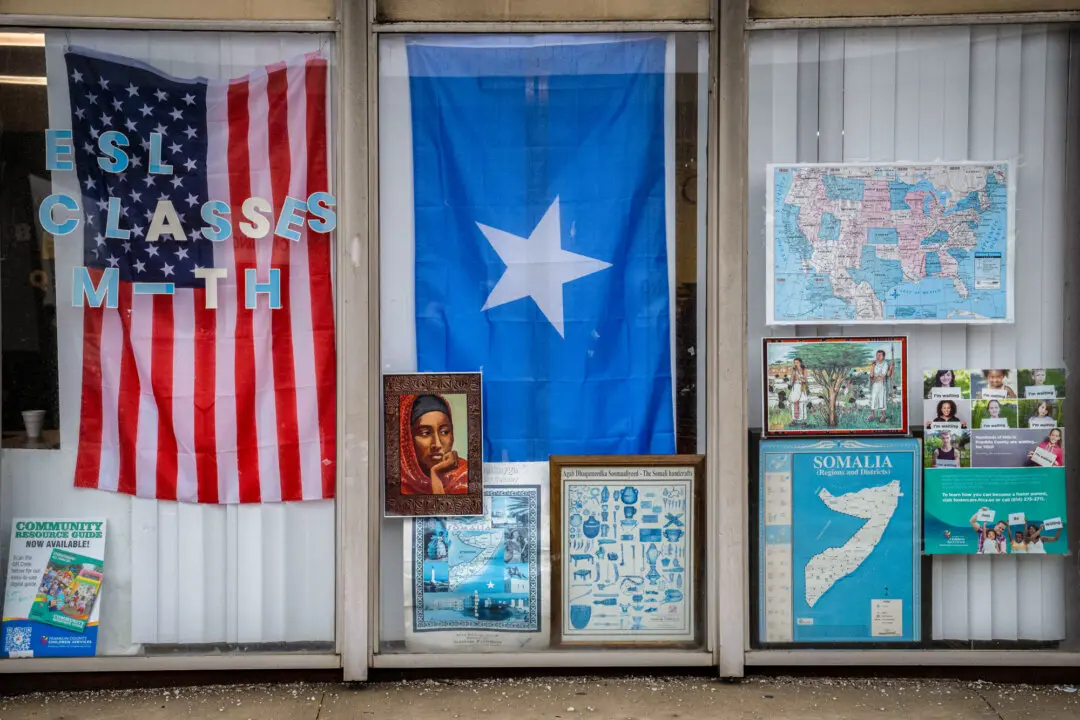For years, questions about security have surrounded the popular social media app TikTok because of its ties to the Chinese Communist Party (CCP).
Now, American users are facing a national ban due to the Supreme Court’s Jan. 17 decision to uphold a lower court’s law requiring the parent company, ByteDance, to either divest ownership or shut down in the United States.





